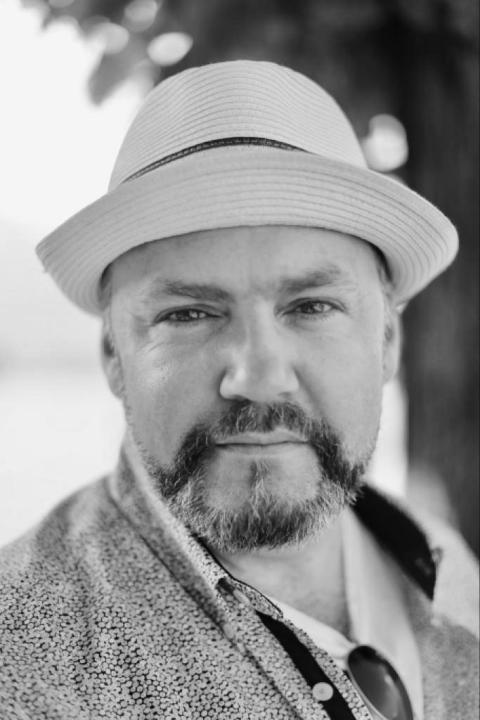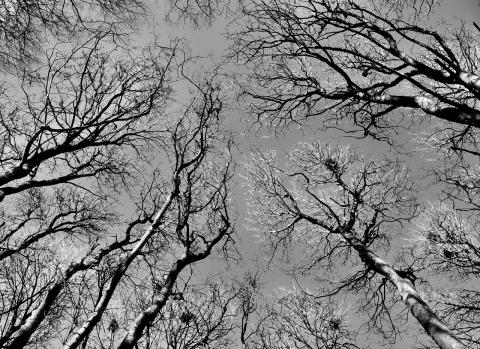Museum of the White Mountains
34 Highland Street
Plymouth, NH 03264
United States
Anthropologist Tim Ingold describes the landscape as a ‘meshwork’ – an interwoven series of ‘life-paths’ that, together, constitute the ever-unfolding story of life and environment combined. In this view, the human and non-human – nature and culture – cannot be separated, but exist in a ‘domain of entanglement’. The essay ‘elm is me and I am elm’ is a creative response to this idea, and comes out of the author’s personal relationship with a small area of ancient woodland near his home in rural Scotland, where a grove of wych elm drew him during the UK lockdowns of the pandemic when taking local walks became so vital to so many. The essay explores our deeply entwined relationships with nature through the elm, drawing on recent concepts put forward in ecology to call for a move toward a more consciously ‘entangled’ way of life.
This lecture will be facilitated ONLINE ONLY. To receive a link, please register via Microsoft Teams HERE.
Please be aware that upon registering, you will receive an email from USNH to confirm that registration was successful.

Ian Grosz is a writer, creative writing tutor, and creative place-maker specialising in experimental and participatory research. He holds a bachelor’s degree in environmental geography, a postgraduate certificate in social anthropology and a PhD in creative writing. He is particularly interested in the ways ancient sacred associations with landscape continue to shape identity today, and how personal narratives are constructed and reimagined through place. Ian is part of the Paperboats Writers collective: a group of writers with a Scottish base and a global outlook, focussed on Nature and Environment at a time of climate and ecological breakdown. Ian hosts the the Paperboats Podcast, and his essay, ‘elm is me and I am elm’, was published on the Paperboats e-zine in April 2025. Further recent written work can be found in the literary journal Archipelago, in Hinterland Nonfiction Magazine, and on the online journal of nature, landscape and place, The Clearing.

museum.wm@plymouth.edu
(603) 535-3210

